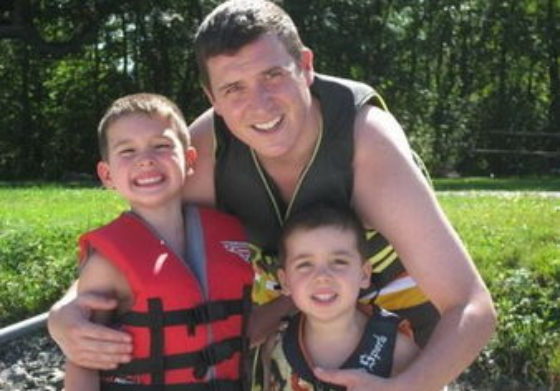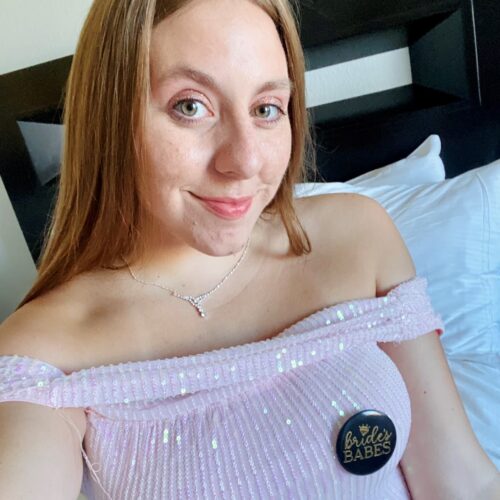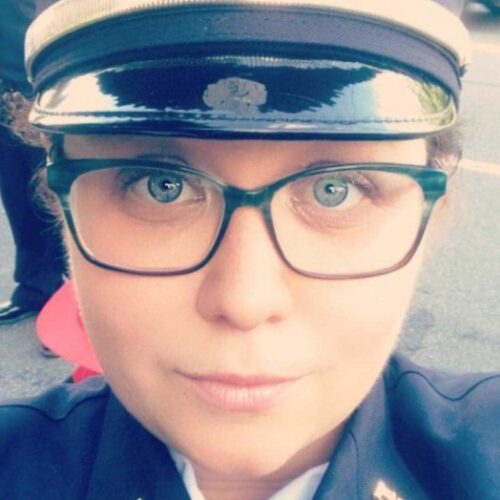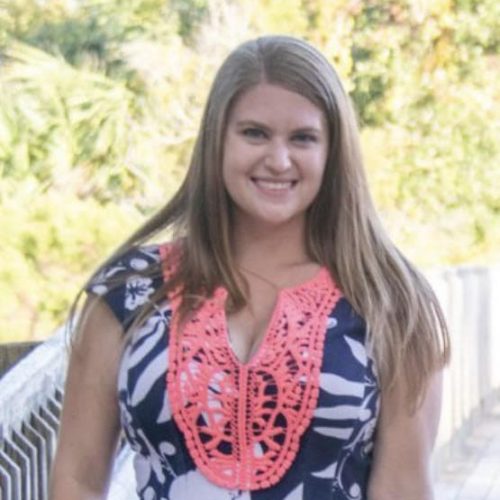
Having grown up in the funeral business and becoming a funeral director myself, it was probably pretty normal for me to be a bit of a hypochondriac. At the age of 26, I realized one of my worst fears. As a single guy who at the time was certainly “burning the candle at both ends” when it came to my work and social life, I didn’t find it too strange that I was feeling extremely tired and run down. Eventually, I added low-grade fever, night sweats, and back pain to my symptoms. Basically it was like a flu that I just couldn’t kick. Having moved from Vermont to Boston six years earlier, I didn’t have a primary care doctor. I now needed one and I finally found one that would see me.
I remember his exact words to this day, “probably not a big deal, even though you’re only 26, let’s do some blood work.” He called me back three days later and told me to go to the emergency room; they would be waiting for me.
Given the nature of my business, I like to think that I have a fairly strong understanding of anatomy, so when they gave me the results of my blood test, I knew right away I had no immune system. They immediately performed a bone marrow biopsy. Within twenty-four hours I was diagnosed with acute myelogenous leukemia, AML. Treatment was to start the next day.
“Youth does not equal immortality.”
After about six months of some of the most rigorous chemotherapy out there, clinical trials, and thankfully no bone marrow transplant, I was cancer free.
During my treatment I knew my blood counts better than any doctor or nurse. I questioned everything that was being done, and made sure that any decision made by an intern or resident was at the suggestion of my hematology/oncology doctor.
Probably the biggest battle came not in fighting the disease, but the mental one that came in the “aftermath” of treatment. Nine years later the symptoms from the flu can still mentally put me in a bad place. Over time I have realized that some really great things can come from such a horrible diagnosis. I have a wife and two sons that would probably say the same.
If I could offer any advice it would be to let the younger ones know how important it is to first and foremost have health insurance. Youth does not equal immortality. Secondly, understand your diagnosis and be vigilant in taking part in its treatment. Lastly, stay away from the internet while you’re being treated, everyone is different.
Symptoms
- tired
- low-grade fever
- back pain
- night sweats






